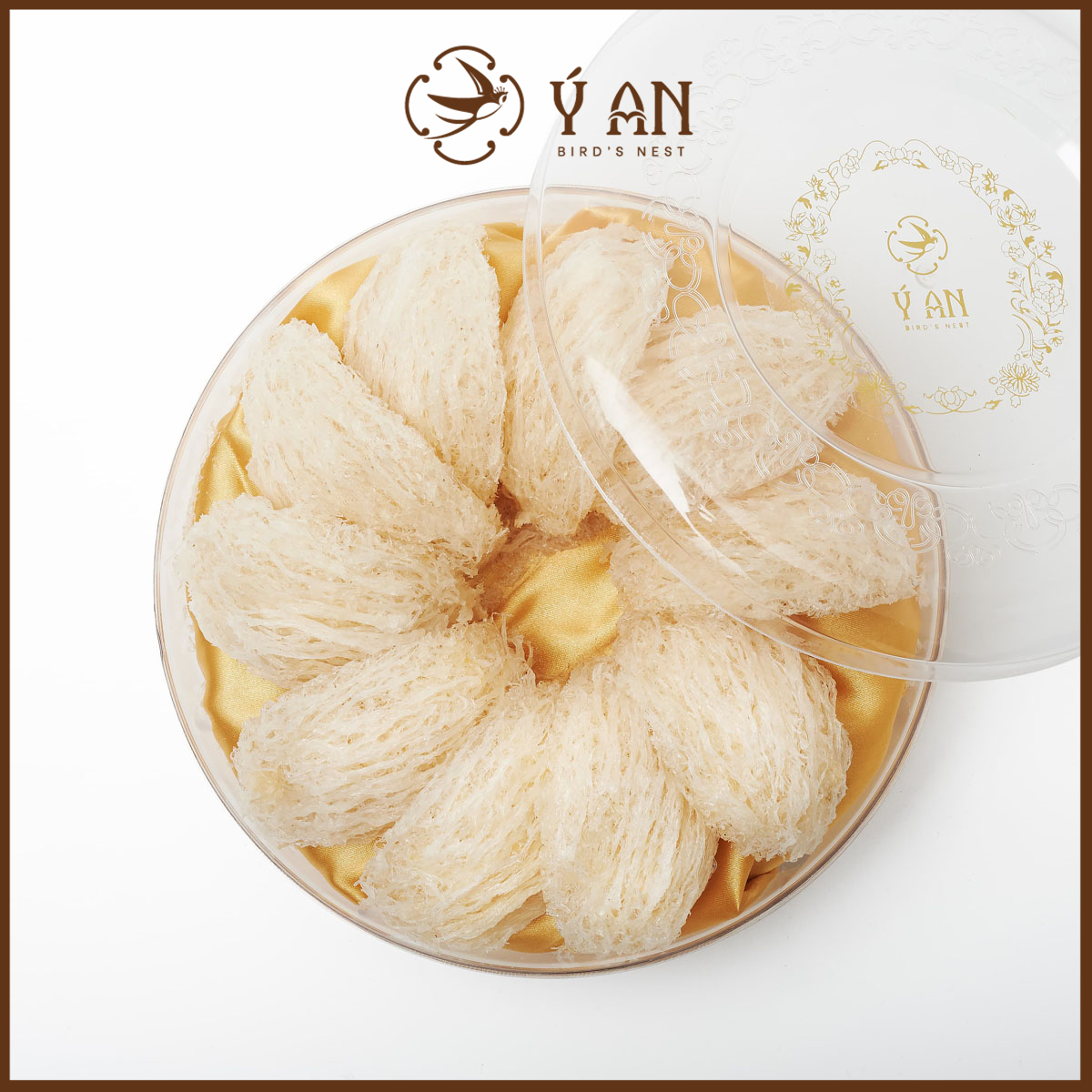News
Mistakes when eating bird’s nest are both harmful to health and loss of nutrition
**Common Mistakes When Eating Bird’s Nest: How They Can Be Harmful to Health and Lead to Nutrient Loss**
Bird’s nest, a prized delicacy in traditional Chinese medicine, is highly valued for its numerous health benefits, including boosting immunity, promoting healthy skin, and enhancing overall wellness. However, to truly reap the benefits of this nutrient-rich food, it’s crucial to consume it correctly. Many people, especially those new to bird’s nest, unknowingly make mistakes that not only reduce its nutritional value but can also be harmful to their health. In this guide, we will explore the most common mistakes people make when eating bird’s nest and how to avoid them.
### **1. Overconsumption: More Is Not Always Better**
One of the most common mistakes is consuming too much bird’s nest in the belief that more will yield faster or better results. However, overconsumption can strain the digestive system and may even lead to adverse effects such as nausea or bloating.
– **Why It’s Harmful**: Bird’s nest is nutrient-dense, and the body can only absorb so many nutrients at one time. Consuming too much can overload the digestive system, preventing proper absorption and leading to waste.
– **The Right Way**: It is recommended to eat bird’s nest in moderation, typically around 5-10 grams per serving, 2-3 times a week. Consistent but moderate consumption will maximize its health benefits without overburdening your system.
### **2. Eating Bird’s Nest Immediately After a Heavy Meal**
Another mistake people often make is consuming bird’s nest immediately after a heavy meal. This can prevent your body from properly absorbing its nutrients, as your stomach is already busy digesting other foods.
– **Why It’s Harmful**: Eating bird’s nest on a full stomach reduces its absorption rate because the digestive system is already occupied. This diminishes the effectiveness of bird’s nest, essentially wasting its benefits.
– **The Right Way**: For optimal nutrient absorption, consume bird’s nest on an empty stomach, such as in the early morning or before bedtime. This allows your body to fully absorb its nutrients without interference.
### **3. Adding Too Much Sugar or Sweeteners**
Bird’s nest is often prepared with sweeteners like rock sugar to enhance its taste. However, adding too much sugar can negate some of its health benefits, especially for individuals who are watching their sugar intake or managing conditions like diabetes.
– **Why It’s Harmful**: Excess sugar not only adds unnecessary calories but can also spike blood sugar levels. Over time, consuming too much sugar can contribute to weight gain, insulin resistance, and other metabolic disorders.
– **The Right Way**: Use sweeteners sparingly or opt for healthier alternatives like dates or goji berries. This will allow you to enjoy the natural benefits of bird’s nest without compromising its nutritional value.
### **4. Using High Heat When Cooking Bird’s Nest**
One of the biggest mistakes people make is using high heat to cook bird’s nest. Bird’s nest is delicate and can lose its nutritional value when exposed to excessive heat.
– **Why It’s Harmful**: High heat can break down the proteins, amino acids, and other beneficial compounds in bird’s nest, reducing its effectiveness. Overcooking can also change its texture, making it less enjoyable to eat.
– **The Right Way**: Cook bird’s nest gently by simmering it at a low temperature for about 20-30 minutes. This will preserve its nutrients and ensure that you get the most out of each serving.
### **5. Storing Bird’s Nest Improperly**
Improper storage is another common mistake that can lead to nutrient loss or even contamination. Bird’s nest is sensitive to humidity and temperature, so storing it incorrectly can affect its quality.
– **Why It’s Harmful**: Exposure to moisture can cause mold growth, while improper storage can lead to loss of nutrients. Consuming spoiled bird’s nest can cause digestive issues or other health problems.
– **The Right Way**: Store bird’s nest in a cool, dry place, preferably in an airtight container. If you’ve soaked the bird’s nest for cooking, it’s best to use it immediately or refrigerate it for no longer than a day.
### **6. Not Soaking the Bird’s Nest Properly Before Cooking**
Many people skip the soaking process or do not soak bird’s nest long enough before cooking, which can impact its texture and nutrient availability.
– **Why It’s Harmful**: Proper soaking helps soften the bird’s nest and remove impurities. Skipping this step can make it harder to digest and reduce its nutritional benefits.
– **The Right Way**: Soak dried bird’s nest in water for 2-3 hours (or according to the instructions) until it softens. This not only improves its texture but also ensures that it cooks evenly.
### **7. Consuming Bird’s Nest During Illness or Fever**
While bird’s nest is often taken to boost health, consuming it when you’re experiencing a high fever or during acute illnesses may not be beneficial.
– **Why It’s Harmful**: During periods of fever, the body’s digestive capacity is reduced. Consuming rich foods like bird’s nest during this time can strain the digestive system and may not be properly absorbed.
– **The Right Way**: It’s best to wait until you have recovered from acute illnesses before consuming bird’s nest. This ensures that your body can fully benefit from its nutrients without additional strain.
### **8. Buying Low-Quality or Imitation Bird’s Nest**
Not all bird’s nests are created equal. Some products on the market are low-quality or even fake, often containing additives, dyes, or preservatives that can be harmful.
– **Why It’s Harmful**: Consuming low-quality or adulterated bird’s nest can expose you to harmful chemicals or contaminants. This not only reduces its health benefits but can also cause adverse health effects.
– **The Right Way**: Always buy bird’s nest from reputable sources. Look for natural, unprocessed products that are free from additives. Check for certifications and reviews to ensure authenticity.
### **Conclusion: Maximizing the Benefits of Bird’s Nest**
Bird’s nest is a highly nutritious supplement that can offer numerous health benefits when consumed correctly. However, common mistakes such as overconsumption, improper cooking techniques, or using too much sugar can negate its benefits and even harm your health. By understanding these pitfalls and following best practices, you can fully enjoy the nutritional value of bird’s nest and enhance your overall wellness.
Remember that moderation and proper preparation are key to maximizing the benefits of bird’s nest. By avoiding these common mistakes, you can ensure that you are getting the most out of this traditional superfood while safeguarding your health.

